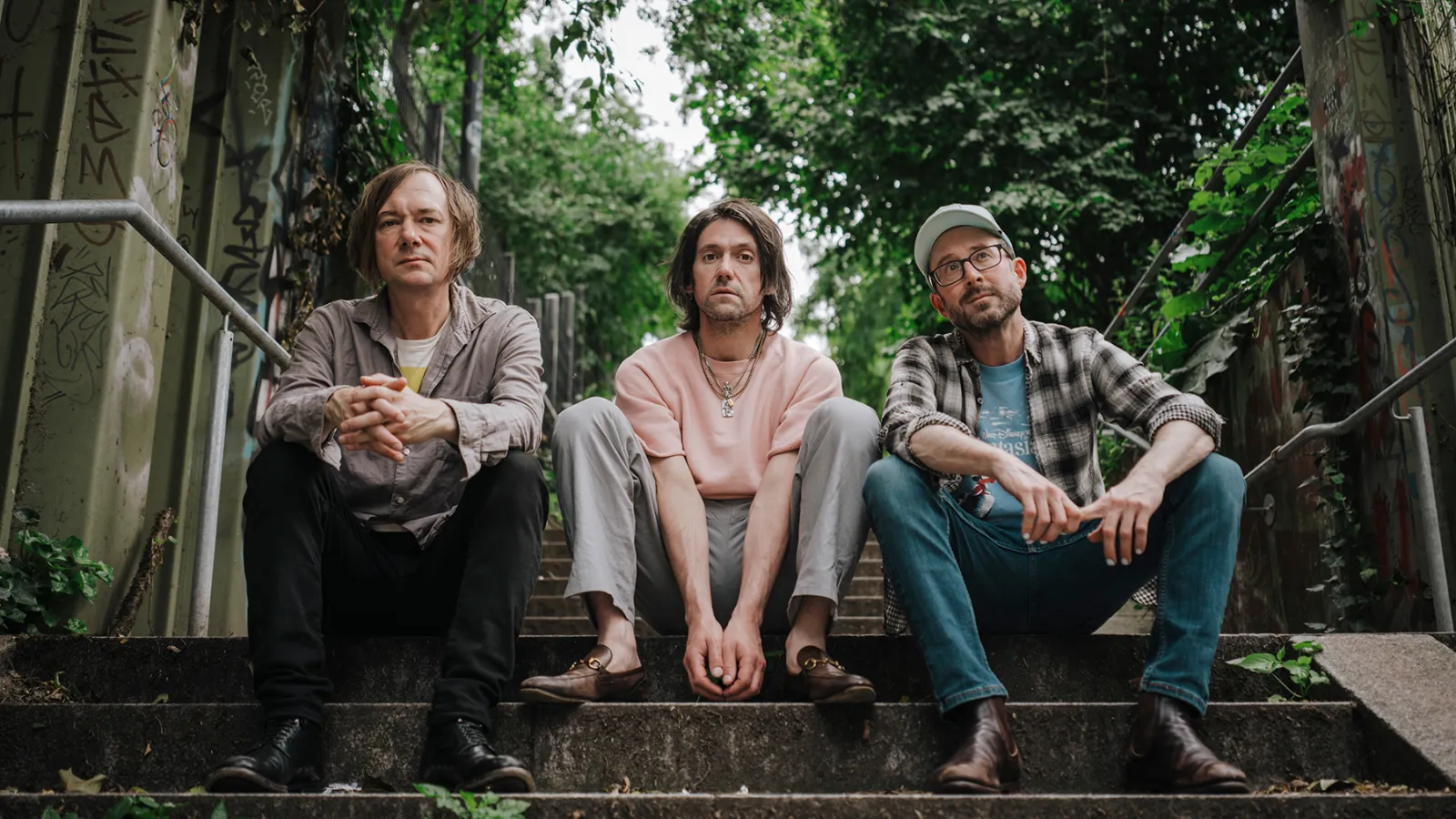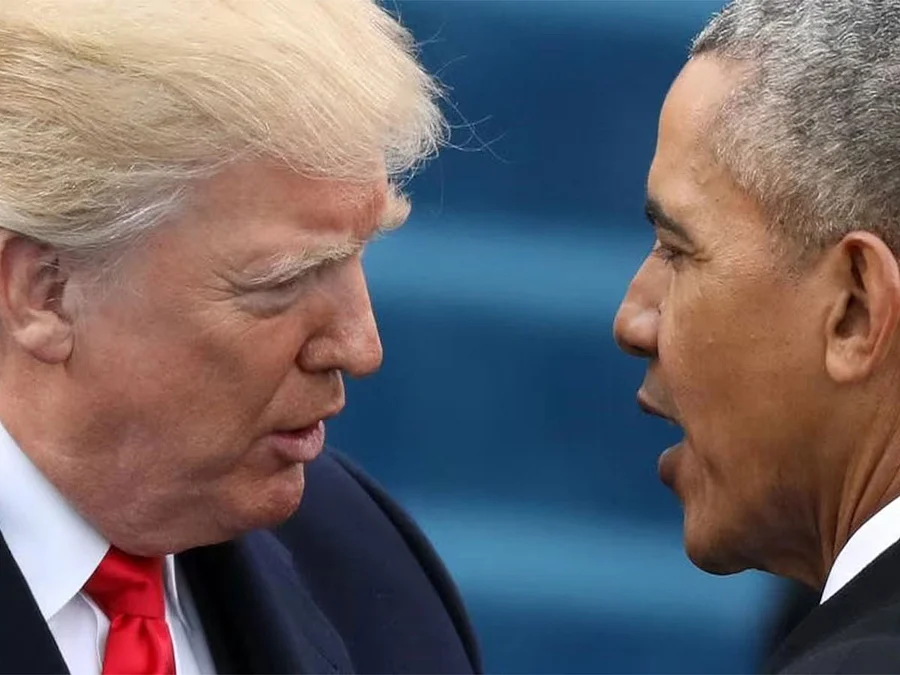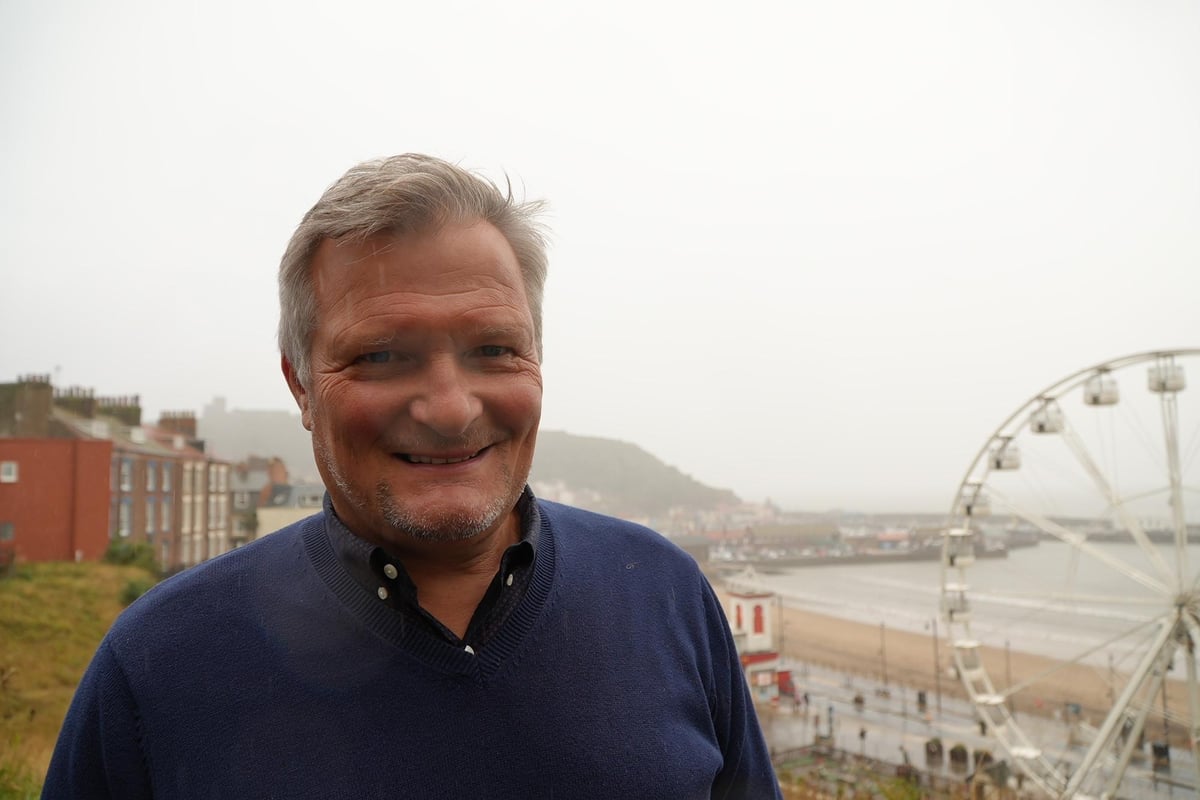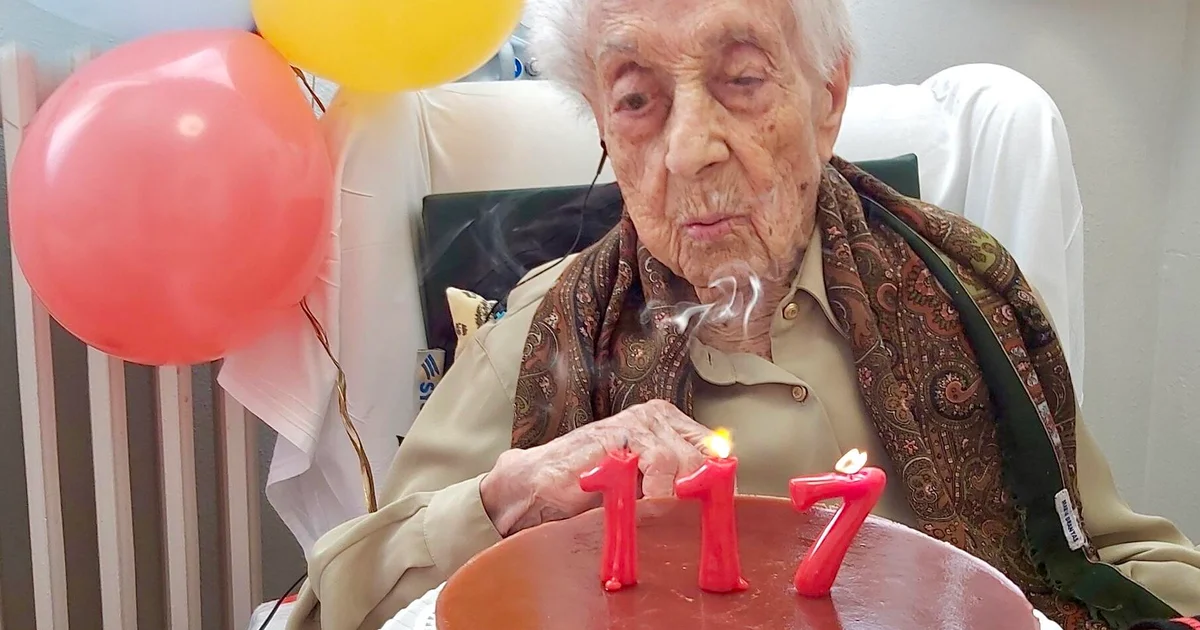
Conor Oberst has had quite the year. Last September, he and his longtime bandmates, Mike Mogis and Nate Walcott, released their 11th studio album as Bright Eyes, Five Dice, All Threes. That marked their first full-length in four years, following 2020’s comeback album Down in the Weeds, Where the World Once Was. But a couple of days before the album came out, the band was forced to cancel three release-week shows after Oberst suffered a severe vocal injury following several warm-up shows.
“I feel like it’s been, like, 10 years,” Oberst tells Rolling Stone from his home in Omaha, Nebraska. He still can’t wrap his head around the fact that it’s been a year since that happened. “I was blown away when I got these texts a few days ago — ‘Happy year anniversary of the record.’ I was like, ‘What?’ That seems crazy. That was forever ago.”
It’s understandable that the release of Five Dice, All Threes seems so distant. Since then, Bright Eyes were able to hit the road again for an expansive tour, which turned out to be a successful run filled with hearty sing-alongs and Oberst’s signature onstage rants in support of fundamental human rights for trans people and immigrants. In November, Bright Eyes will hit cities like Singapore, Jakarta, and Hong Kong for the first time on the Asia leg of their 2025 tour.
Now, Bright Eyes are leaning into the momentous time we’re all living through with the release of a new EP called Kids Table. Rolling Stone caught up with Oberst to talk about everything that happened this year — from putting the new project together to the bold political activism apparent on their latest tour.
Did the band go into Five Dice, All Threes with the intention to make an EP afterwards, or did you just have too many B-sides from those sessions?
Bright Eyes used to do this thing… Before Lifted, we put out an EP called Story in the Soil and before Cassadaga we put out the Four Winds EP. We had our own label at the time, and so we were making up rules as we went along. We always record more songs than we end up putting on the record and, back then, we would put one song from the record on the EP, and then I think both of those EPs have five B-sides of extra songs. This is basically that, but in reverse. It is a reverse engineering of our old habits.
Editor’s picks
Why did you choose to leave these songs off Five Dice, All Threes?
“Shakespeare In a Nutshell” is a weird song that we had started working on before the record. Sometimes there are these songs that get either too weird or just don’t really fit with things. But then “Kids Table,” “1st World Blues,” and “Dyslexic Palindrome,” all of those were definitely contenders to be on the record. “Kids Table” was one of the more single-ish songs. It is maybe one of the more accessible songs on the record and the EP. We purposely held it back knowing that we were going to eventually do Kids Table.
I really liked the last song, “Victory City.” That was one that I was pushing to put on the record, but there wasn’t a good enough place. We still make records with the idea that people might listen to them all at once. It’s very dinosaur of us. And because of all the times we’ve run our own record company, we also have to think about how much music you can fit on a piece of vinyl.
How does it feel to make new habits, decades into your career, as you learn more? It’s a combination of trying to do what we think is artistically cool as a band and what’s logical. We’re practical people from the Midwest, so we end up thinking logically about certain things like vinyl. For so much of our career, we didn’t have the backing of a company, so we had to release music in the way that made sense for what we had to work with.
Everything is always changing and evolving, especially in the music industry. It’s almost unrecognizable from 25 years ago. You just roll with the punches. My thing with success is really just longevity. I have seen so many talented musicians and friends and bands go on with their lives and get real jobs. The fact that I can still do this by writing my little songs is a victory in itself.
Related Content
You have a really moving cover of Lucinda Williams’ “Sharp Cutting Wings (Song to a Poet)” on the EP. Why was it important to record that cover? I had a lot of health problems and had to cancel shows. When I finally was home after all that, I just felt like “I have to sing again. What am I going to sing?” That song came to mind. I’ve been singing that song for 25 years for myself and my friends, and I love Lucinda as a person and her music. It’s a song I’ve sung so much, but never recorded. It sounds rough on the recording, but you gotta start again somewhere, and that seemed like a good place to start again. It brought the EP into focus. I think of it as the centerpiece of the EP.
“1st World Blues” is Bright Eyes’ interpretation of a ska song. What was it like to venture into that sound?
You wouldn’t maybe know it from the other music I’ve released, but growing up we loved ska and punk rock music. When we were growing up, we would say we played punk music even though we had acoustic guitars and accordions. To us, that was still punk. Before indie rock was a label, I was always like, “What is that?” It describes the way something is released, but it doesn’t really describe a sound.
It’s something I’ve always liked as a listener, but never attempted myself. Writing with Alex Orange Drink, who worked on the record, was great. He’s got punk rock roots and fronts [New York punk band] the So So Glos. I feel like Bright Eyes is unique because we do a lot of different kinds of music. I basically write folk songs and my voice and the songwriting are the common thread. As far as how we decorate the songs, it’s like you walk into a big walk-in closet and decide how to dress it up. The fun part is decorating them and trying to expand our horizons creatively. But we’re not going to try to start a new career as a ska band or anything like that.
Do you ever think about how an audience is going to respond to the band trying new things?
It’s funny, because I think of myself as a people pleaser. I don’t like to have a bunch of conflicts in my life. But unfortunately, or fortunately, I assume that when we put out new music, some section of our fans aren’t going to appreciate it at first. They usually come around to liking it, but it’s a five-year delay until they’re like, “Oh, this is cool.” It’s happened for so many of our records that now I just assume, “This is probably not going to be the most well-received thing.” But we’re proud of it. People that are invested in the band and have been for a long time, they know where we’re coming from and what we’re trying to do. I think it’s a good thing to challenge your audience to take a step out of their comfort zone and further into the madness of what we do. We have such a vast catalog of music at this point that if you want to take a deep dive, I hope you can hold your breath a long time.
That speaks to the band’s longevity too, not being afraid to try new things.
Speaking as a fan, if someone makes an incredible record, I don’t really want them to try to recreate that, because most of the time it’s just going to be a slightly lesser version. We’ve tried pretty hard to not fall into that trap. I’m Wide Awake, It’s Morning is our biggest commercial record, and even that was kind of a fluke. We were trying to make a Seventies folk record, just straight up Jackson Browne or Neil Young. That was an experiment. All of the records are kind of an experiment. I’m Wide Awake just happened to hit the zeitgeist of the moment more than other ones did.
That album and Digital Ash in a Digital Urn turn 20 this year, and Fever and Mirrors turns 25. There are a lot of themes related to the passage of time on the new EP. Was that concept on your mind as you celebrate these major Bright Eyes anniversaries?
Honestly, I’ve been preoccupied with the passage of time and death since I was a child. Those themes run through all the music. But I know what you’re saying with the anniversaries. I saw Granddaddy play in L.A., which is one of the first bands that took us on tour in the year 2000, and they were playing songs from the record they released when they took us on tour. I’m sitting there having hallucinations. I remember them doing this exact thing when I was 20!
Bright Eyes is walking an interesting line because we have new music, but we tried to make set lists that were pretty career-spanning. Even so, what’s memory lane and what’s still relevant gets blurry. Sometimes I’m like, “Wow, these songs are relevant even though they’re 20 years old.”
What’s one of the songs that feels that way? While on tour, I was telling a story about a song called “Old Soul Song (For the New World Order).” I wrote it in 2003 before [the U.S.] went to Iraq for the war. It was a very serious time, and a lot of people lost their lives unnecessarily because of the Iraq War. But now, it seems so quaint in a way. The very bedrock of our values as a country and the democratic pillars of our government that once seemed immovable are being completely destroyed right now. In a lot of ways, it’s 10 times more dangerous than it was in 2003, because what we’re fighting over is the existential concept of this American experiment that has been happening for hundreds of years.
Though it might be even more dangerous now, Bright Eyes has remained vocal about the band’s political stances, especially on the latest tour. Everywhere we went, we tried to spread the basic message that everyone on earth has human dignity. It comes down to trying to get people to see each other, to see themselves in each other, and to realize that when you attack people, especially people that are at a great disadvantage to you, you’re just hurting yourself. You’re hurting yourself morally. You’re hurting your soul. You’re hurting society as a whole. You’re just making things worse. I’m not going to go hold hands with the MAGA crowd, but we still have to realize that it comes down to humanity and recognizing every single person’s humanity on earth. That’s what I, in my little way, tried to say from the stage.
Your tour also supported minority groups who are actively under attack by selling “Deport Conor Oberst” shirts to raise money for the National Immigration Law Center and launching the Poison Oak Foundation to fund LGBTQ+ organizations. Why was this important to the band?
All of the trans advocacy we’ve done, it’s personal to me because of people that I love that are trans. But, to me, to attack the immigrant population and the trans population, it is two perfect examples of the complete moral decrepitude of our politics right now. In my opinion, it’s just complete and utter cruelty, and it should be called out as such. It makes me sad. It makes me want to fucking cry. We don’t have that big of a megaphone, but we try to use it for making what I think are pretty simple, unarguable points.
Besides raising money, which is desperately needed, mostly for legal defense against this very absurd legislation that’s making these very illegal, unconstitutional things possible, it’s about letting those communities know that they’re not alone and other people are standing with them. That’s what we all should be doing. We should be standing up with whatever voice, whatever platform, whatever money, whatever we have because that’s the right fucking thing to do.
Trending Stories
I don’t have enough anger in me to get as angry as I should be. I just don’t, but I’m trying to be an active participant in this society and trying to at least say what I think is right and wrong. There’s a line in “Shakespeare in a Nutshell” that goes, “You do what you can, or you do what you can’t.” It’s like, sometimes when you think you can’t do it, you just do it anyway.



